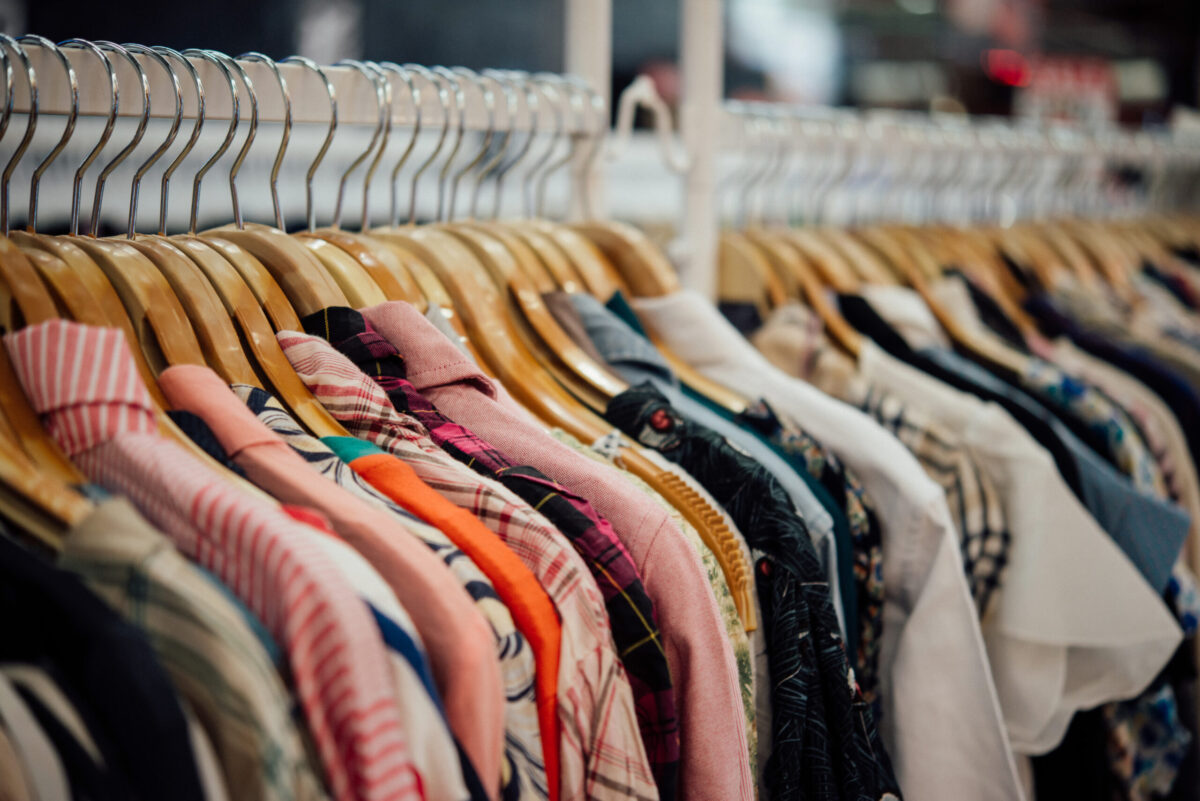In a world filled with constantly changing trends and fast fashion, it has become more important than ever to consider the ethics behind the clothes we wear. From the exploitation of workers in sweatshops to the environmental impact of mass production, the fashion industry is rife with ethical dilemmas. In this article, we will explore the concept of fair fashion and why embracing it is essential for a more sustainable and ethical future. Join us as we delve into the complexities of the ethics of dress and discover how we can make a difference through our clothing choices.

The Impact on Workers and the Environment
Fast fashion has long been criticized for its harmful effects on both workers and the environment. The pressure to produce cheap clothing quickly often leads to exploitative labor practices, poor working conditions, and low wages for garment workers. Additionally, the fashion industry is a major contributor to pollution, water waste, and greenhouse gas emissions. By embracing fair fashion, we can work towards a more sustainable and ethical industry that prioritizes the well-being of both people and the planet.
Promoting Transparency in the Fashion Industry
One key aspect of embracing fair fashion is promoting transparency within the fashion industry. This means holding brands and retailers accountable for their production practices, supply chains, and impact on workers and the environment. By advocating for greater transparency, consumers can make more informed choices about the clothing they purchase and support companies that prioritize ethical production practices. Transparency also helps to build trust between consumers and brands, fostering a more responsible and sustainable fashion industry.
Advocating for Ethical Production Practices
Advocating for ethical production practices is essential in promoting fair fashion. This includes ensuring fair wages, safe working conditions, and worker empowerment throughout the supply chain. By supporting brands that prioritize ethical production, consumers can help drive positive change within the fashion industry. Ethical production practices not only benefit workers but also contribute to a more sustainable and socially responsible fashion industry overall.
Practical Steps for Embracing Fair Fashion
Embracing fair fashion is about making conscious and thoughtful choices in our clothing purchases. This can include shopping from sustainable and ethical brands, investing in high-quality pieces that are made to last, and supporting second-hand and vintage clothing. By adopting a more mindful approach to fashion consumption, we can reduce our environmental impact, support fair labor practices, and promote a more ethical and sustainable fashion industry.
In a world where fast fashion reigns supreme, it is more important than ever to consider the ethics of our clothing choices. Embracing fair fashion not only ensures that workers are treated fairly and the environment is protected, but also allows us to express our individual style in a way that aligns with our values. By making conscious decisions about what we wear, we can create a more sustainable and ethical future for all. So let’s all take a stand for fair fashion and make a difference one outfit at a time. Remember, the clothes we choose to wear not only reflect who we are, but also shape the world we live in. Choose wisely, and together we can make a positive impact on the fashion industry and beyond.

